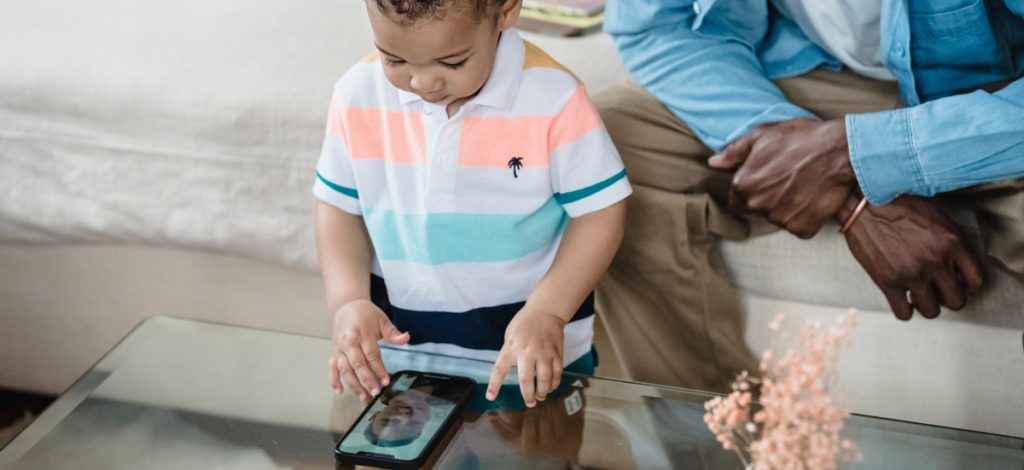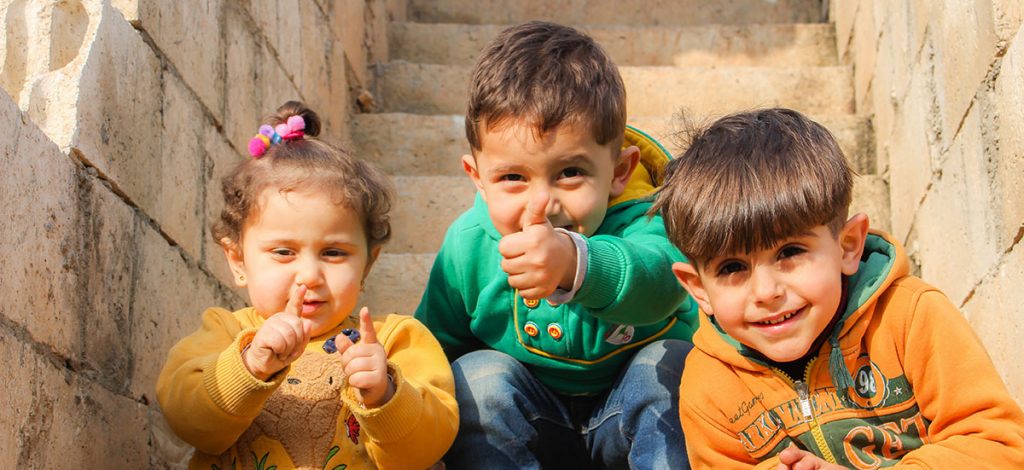When a relationship breaks down and there are children involved, both parents want to protect their children from the ugliness of the emotions that divorce and separation brings out in all of us. Our goal, as separated parents, is to agree on our financial settlement and parenting arrangements post-separation, with minimum impact on our children.
No parent wants to subject their children to the pain that they expect their children will suffer when they understand that their parents’ relationship has ended. Knowing this, a parent does not make the decision to end their relationship lightly, and this choice is often made with the best interests of the children in mind.
Children love their parents and want them to be happy, but their main worry when they understand their parents are separating is what does this mean for them. “Most young people who have experienced divorce do not believe parents should stay together for the sake of the children”, according to a survey by the family law organisation Resolution in the UK.
Both parents will continue to be the most important people in their children’s lives. The best arrangements for the future are those where:
- The children continue to have a loving and meaningful relationship with both their parents and other family members;
- Both parents continue to share responsibility for their children; and
- The children live in a safe environment, with no violence or abuse.
We all know that it is not our children’s responsibility to manage their parents in a divorce and that it is damaging for children to be exposed to parental conflict; but what we know is best and what we do, can become blurred during this highly emotional and stressful time.
Separating parents will have issues with their ex-partner, but they will be united in their goal of each wanting what is best for their children. Agreeing on this “children first” priority goal at the start of the separation process will assist both parents to adopt a “give and take” approach in working through all the matters that are required to be addressed and agreed upon during separation.
The majority of parents that are separating have lost trust and credibility in their ex-partner. Separation is the time to create a new baseline of transparency, trust, credibility and reliability so that both parents can move forward with their separate lives, whilst successfully co-parenting together.
For many ex-couples, co-parenting is an entirely new concept and, especially whilst going through the emotions of separation, can be daunting. The logistics of their family being split up and the children living between two homes is understandably overwhelming for everyone.
In order to break through the barriers of the broken relationship with your partner and learn to become the best co-parents you can be, here is a list of helpful co-parenting tips.
Advice for CoParenting After Divorce
Always put the children first
Children’s needs are paramount in the first stages of co-parenting. What will work for the children may not be ideal for the parents, but adults are better equipped to work around it and adjust. Children should come first in every decision, especially at the beginning.
Retain normality throughout change
Make the change as seamless as possible for your children. Co-parenting is a big shift for children so try and keep as much normality as possible in the rest of their lives. This may mean one parent staying in the family home if finances allow, or at least in the same area where they can remain in the same school, keep friendship groups and stay in clubs/teams they belong too.
Choose the right communication
If communication between co-parents is tricky, which is often the case at the beginning, decide how to work through this. Texts or emails can be better than a phone call or face-to-face, as they are recorded and time can be taken to ensure a calm and polite tone. There are some great co-parenting apps available which cover everything from communication through to expense recording.
Be a super organised co-parent
The key to successful co-parenting is organisation. This is especially important with school age children. Making sure uniform, homework and sports kit is in the right place at the right time is like a military mission. And you can’t rely on your children to get it right at the beginning. Make sure they have the support they need to learn how to organise themselves across two homes. Be patient and try to work together as co-parents to keep the practicalities and logistic as simple as possible.
Keep talking to your children
Always talk to your children in an age-relevant language to explain what is happening and why. Tell them the separation is not their fault and that both parents still love them. Ensure they know that they can share their feelings with you and can ask any questions when they need to.
Create new routines
Mum and dad living in separate homes can be upsetting for children. Their lives have changed and many of the routines which they take comfort in will have gone too. Help them cope by creating new routines which will define their changed family set-up, create boundaries and make them feel safe.
Support your ex-partner
Take time to consider how your ex-partner may feel during this time. When couples separate, one person will find it harder to cope than the other. If you see your ex-partner struggling with co-parenting, reach out and offer empathy and support. This will not only create a good co-parenting relationship but the children will thrive from two parents working together.
Do not put down the other parent
If a relationship is particularly strained after separation, it can be tempting to bad-mouth the other parent. This is a big no-no if children are present or within earshot. It is horrible for a child to hear someone putting their parents down and they may feel disloyal and upset if they feel they are part of it.
Be an adaptable co-parent
Parenting in any form is a series of phases. As children grow, so do their needs and wants. What works at the beginning of your co-parenting journey may not work a couple of years later. Be ready to change and adapt as required, and try to always consider the needs of all family members.
Make the most of the non-parenting time
Whether parents love it or hate it, co-parenting allows parents time away from their children. This can be strange at first. However, many co-parents come to love it as it allows them time for self-care and rest before their role as parent begins again. Making good use of this time allows co-parents to be refreshed, more engaged parents when they need to be.
How We Assist Coparenting At Div-ide
At Divide, we find that where parents are prepared to work through their financial separation together, they reduce their costs (both financial and emotional) and develop a positive “give and take” working relationship which sets the foundation for a positive co-parenting relationship moving forward.
It is beneficial for separating parents to remember or be reminded of these future benefits when they are negotiating their financial settlement and parenting arrangements, as allowing your ex-partner to have something they feel very strongly about in return for you also getting what is most important to you, results in a healthy balance and ceases the “tit for tat” behaviour approach which hurts all involved, especially the children.
No matter how old your children are, both parents will always be their parents. Children want to celebrate all their important milestones with both their parents: birthdays, achievements (sporting and academic), weddings, births of their children and also want to be included in their parents’ lives.
My ex-husband and I have been co-parenting successfully for over 10 years, however, our post-separation relationship did not start out so positively.
As every separating couple does, we too went through the roller-coaster of emotions, both trying our best to behave maturely in front of the children during this awful time, but often falling short – as the rawness of the emotions we all experience during separation often brings out the worst in us. However, as we moved through the financial separation process we kept refocusing on what was best for our children and, with a lot of work on both our parts, we were able to implement a “give and take” approach and put our own hurts aside, and this strategy continues to pay dividends. Our eldest son finished Year 12 last year and both his Dad and I took him to his valedictory dinner, both happily sitting together and being jointly proud of the young man we had raised together, who has the good attributes from each of his parents. We celebrate birthdays and Christmas with our extended families together, still a family for all to do with the children and our boys are delighted that they never have to choose one parent over the other.
Whilst this may not be possible in your circumstances, do the best you can for the benefit of your children.


